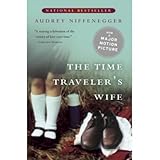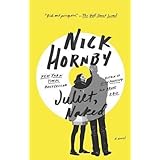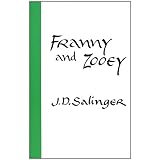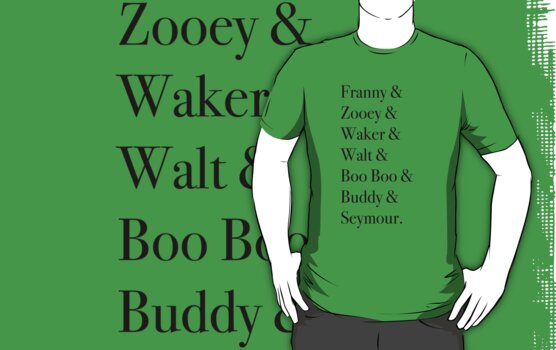"CLARE: It’s hard being left
behind. I wait for Henry, not knowing where he is, wondering if he’s okay. It’s
hard to be the one who stays."
"HENRY: All my pleasures are homey
ones: armchair splendor, the sedate excitements of domesticity. All I ask for
are humble delights…I love meandering through the stacks at the library after
the patrons have gone home, lightly touching the spines of the books. These are
the things that can pierce me with longing when I am displaced from them by
Time’s whim. And Clare, always Clare. Clare in the morning, sleepy and
crumple-faced…Clare reading, with her hair hanging over the back of the
chair…Clare’s low voice is in my ear often. I hate to be where she is not, when
she is not. And yet, I am always going, and she cannot follow."
“I’ve been wanting to tell you: I
feel so different. I just…feel so connected to you. And I think that it holds
me here, in the present. Being physically connected the way that we are, it’s
kind of rewiring my brain.”
The podcast Books on theNightstand episode 231 addressed the idea of unlikeable characters prompted by
the now infamous quote by Claire Messud (“Would you want to be friends with
Humbert Humbert? Would you want to be friends with Hamlet? Oedipus? Oscar Wao?
Any of the characters in anything Pynchon has ever written? If you’re reading
to find friends, you’re in deep trouble. We read to find life, in all its
possibilities. The relevant question isn’t “is this a potential friend for me?”
but “is this character alive?”)
One of the hosts brought up that her teenage
daughter is reading quite a bit of young adult novels that have strong romantic
storylines. The girl exclaimed that she felt ruined by all the perfect men in
her books. That is how I feel about The Time
Traveler’s Wife. I have read it so many times the different experiences have
blurred together and I can’t actually remember when I read it the first time,
but it was published my senior year of high school so undoubtedly it was at a
very impressionable young age. It is the book I am guilty of handing off to
boyfriends and then obsessively reading over their shoulders to see where they
are and watch their face for their reactions. I can pick it up at any page and
drop it with complete satisfaction and delight because I know the story so
well, but I love it so much.
Henry DeTamble: the dashing time
traveler librarian
Clare: the gorgeous artist who is the love of Henry's life
Gomez and Charisse: the friends
who invent games like Modern Capitalist MindFuck
Mrs. Kim aka Kimy, the sassysweet
woman who unofficially runs the “Philanthropic Society for the Support of
Wayward DeTambles”
Dr. Kendrick: philosopher
geneticist
The whole cast is completely
charming. Like your best friends in real life, they are flawed, but they are so
great that you must love them because of and in spite of their flaws. The
romance of Henry and Clare and the chemistry of everyone else is perfection. It would really just be a book about awesome people doing normal things if it weren't for the time travel. As a sci-fi and science nerd, I have no problem with time
travel being a part of the book’s universe (hellooooo Dr. Who), and this novel
does it particularly well. AN makes it a scientific plausibility (thus Dr.
Kendrick) and works with our disbelief by making sure every time traveling
moment is tightly written with no holes that would make it less believable.
Ultimately, the novel presents a world where you get to live with your time traveling boyfriend by your side, and you get the
assurance of making the right choice in life and love. The knowledge that
somewhere in the future is a self that Henry can report is doing just fine. The
ability to visit and revisit awesome moments in the past. The beautiful
opportunity to see, touch, and talk to people who have died. The chance to
comfort and advise the younger selves of the people you love. (On the flip
side, you also miss the opportunity of taking a chance, taking a crazy leap of
faith, you know in advance that you will have very difficult times in life, you
will visit and revisit the worst moments in the past, and you will have the
nightmare of seeing, touching, and talking to people who have died knowing damn
well that they are no longer alive, and you have the nightmare of seeing your
younger self do stupid things over and over and over again, in spite of
whatever you said. All of these are presented in the book as well, but I am an
optimist and a romantic like AN is, so I choose to revel in the comfort of the
goodness).
The only thing I dislike about
this book is that AN’s other work has not lived up to the expectation that it
sets. It’s hard to settle for the okayness of her other novel when I know that
this book is out there, and sometimes I worry that it will be hard to settle for the okayness of reality when I know there is a time traveler out there.
PS: Oh my god in looking for an image for this book I found the new movie-tie-in cover. Bleck!!!! Books on the Nighstand did an episode about that too, and I felt indifferent until I saw the movie tie in cover for The Time Traveler's Wife. Both the actors are gorgeous, but holy fuck you need to leave that cover alone for the love of Whitman.
PPS: The irony of making fun of my mom fairly frequently for her preferred choice of reading (paperback time traveling romance novels - you know they're time traveling because there's an hourglass logo on them) while loving this book is not lost on me. Ugh, I hate turning into my mother. Incidentally, she hated this book.



